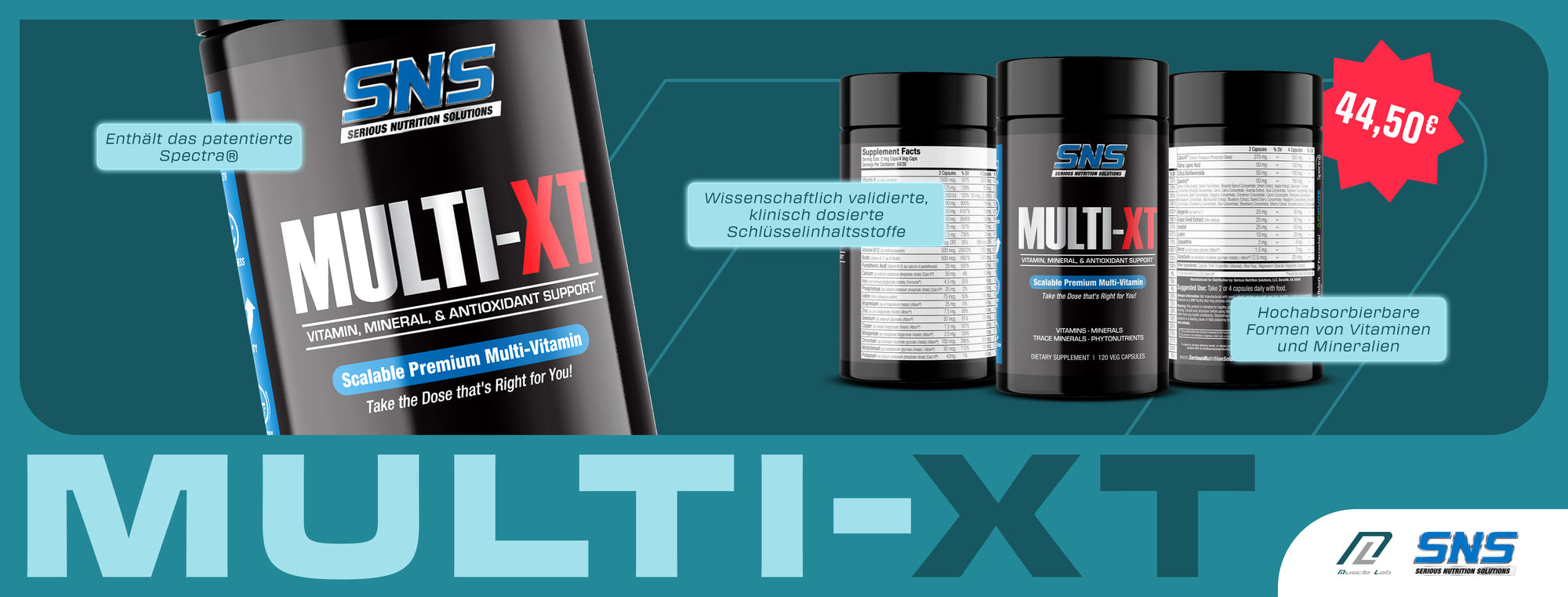The human body needs fats! Why Omega 3 fatty acids are healthy and why we should take them as a supplement
What are Omega 3 fatty acids?
For decades, numerous researchers have advised that our bodies should consume sufficient and healthy amounts of fat. The right fats for the body include the omega-3 fatty acids EPA and DHA. Eicosapentaenoic acid EPA and docosahexaenoic acid DHA are the active fatty acids contained in omega-3 fish oil. These fats are found in foods such as fish oil, olive oil, and nuts. Fish oil capsules are recommended as dietary supplements. They contain particularly high levels of omega-3 fatty acids, which are polyunsaturated fatty acids and play an essential role in our diet. These fatty acids are not produced by our bodies. Therefore, it is especially recommended for athletes to consume sufficient omega-3 fatty acids.
Omega-3, Omega-6 and Omega-9 fatty acids
Fatty acids are a component of fat found in foods. Depending on their chemical nature, fatty acids are classified into different classes: saturated, monounsaturated, or polyunsaturated. Saturated fatty acids have no double bonds in the body, while monounsaturated fats have only one, and polyunsaturated fats have two or fewer double bonds. Omega-3 and Omega-6 are determined depending on the location of the double bond in the molecular matrix. Animal foods high in saturated and monounsaturated fatty acids include butter, cheese, meat, and sausage. Coconut oil contains the most saturated fatty acids.
Omega 3 fatty acids – important for regeneration after exercise and muscle maintenance in old age
EPA and DHA in the blood can stimulate muscle cell regeneration and improve muscle function. We only absorb very small amounts of omega-3 fatty acids, which can inhibit important regeneration processes. Omega-3 fatty acids can reduce age-related muscle degeneration. Our regeneration is crucial for both athletic performance and our health. Be it severe muscle soreness, which is reduced by the anti-inflammatory properties of omega-3 fatty acids, especially EPA and DHA, or blood lipid levels and the omega-3:6:9 ratio, which can be improved by taking additional omega-3 supplements. The effect of supplementing with polyunsaturated fatty acids such as omega-3 is a partly neglected and underestimated factor in everyday health. Omega-3 fatty acids are among the most important basic supplements alongside vitamins D3 and K2.
Effect of Omega 3 - Omega 3 fatty acids protect the heart and improve blood lipid levels
Omega-3 fatty acids are widely considered important for heart health. It's still difficult to know whether this is real. New research shows that omega-3 fatty acids help improve health and protect the heart from cardiovascular damage. Swedish researchers have found that supplements containing omega-3 fatty acids reduce the risk of cardiovascular disease. An omega-3 deficiency, for example, can raise blood pressure, increase the risk of heart attack, or impair heart function over time.
Supply of Omega 3 fatty acids for athletes
Fat doesn't necessarily mean equal fat, and if you're an athlete, you need quality fat to achieve this. Omega-3 supports muscle recovery and thus promotes muscle development. This helps reduce inflammation and prevent sports injuries or overuse. A new study published in a Washington-based journal has found that competitive athletes benefit most from omega-3 in their diet. A daily intake of at least 1000 mg of EPA/DHA is recommended. For the general population and athletes, an amount of 2000 mg of EPA/DHA per day is reasonable. Examples of where omega-3 fatty acids are found:
- Fatty fish such as salmon
- Linseed oil (alpha linolenic acid ALA > plant-based Omega 3)
- mackerel
- herring
- trout
- Walnuts
- algae
Omega 3 to Omega 6 fatty acids – what is the difference?
Omega-6 fatty acids make up the largest portion of our high-fat diet, as they are found in almost all dairy and meat products, as well as conventional oils and other foods. Examples of Omega-6 fatty acids include:
- Saturated fatty acids such as fatty meat
- Linoleic acid
- Arachidonic acid (pro-inflammatory)
Linseed oil improves blood values
The flaxseed oil supplement provided EPA and DHA to his body. However, DHA concentrations decreased. However, taking two spoonfuls of flaxseed oil daily helped reduce his blood pressure. His inflammatory blood pressure remained low, and he gained weight. Therefore, the consumption of alpilinolic acids keeps blood pressure stable at an optimal temperature.
Omega 3 to Omega 6 fatty acids – what is the right ratio?
The problem with our current diet is that, according to the German Nutrition Society's recommendation, everyone should consume an Omega 3 to Omega 6 ratio of 1:5. Our ancestors, on the other hand, had an Omega 3 to Omega 6 ratio of 1:1, while the reality is significantly worse: A whopping 1:15 (!) is the ratio for most people, which poses long-term health risks. This means that we consume many times the amount of Omega 6, but only a very small amount of Omega 3. The anti-inflammatory properties of EPA and DHA are particularly important, but their conversion is inhibited by the excessive Omega 6 content.
Supplementing Omega 3 fatty acids – what should you look out for when taking Omega 3 supplements?
Omega-3 fatty acids should be supplemented unless you eat 2 kilograms of fatty salmon per week (!). The correct DHA and EPA ratio is important to maintain the numerous health benefits. Omega-3 fatty acids are available in numerous forms, including fish oil capsules and liquid oil (including flaxseed oil).
























